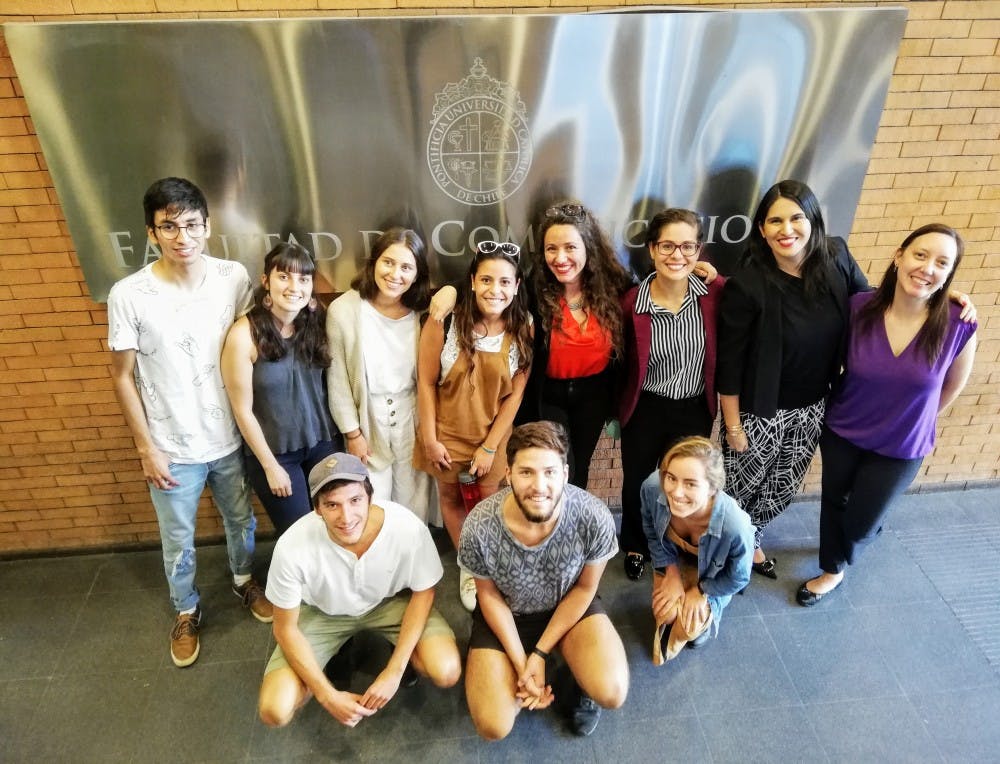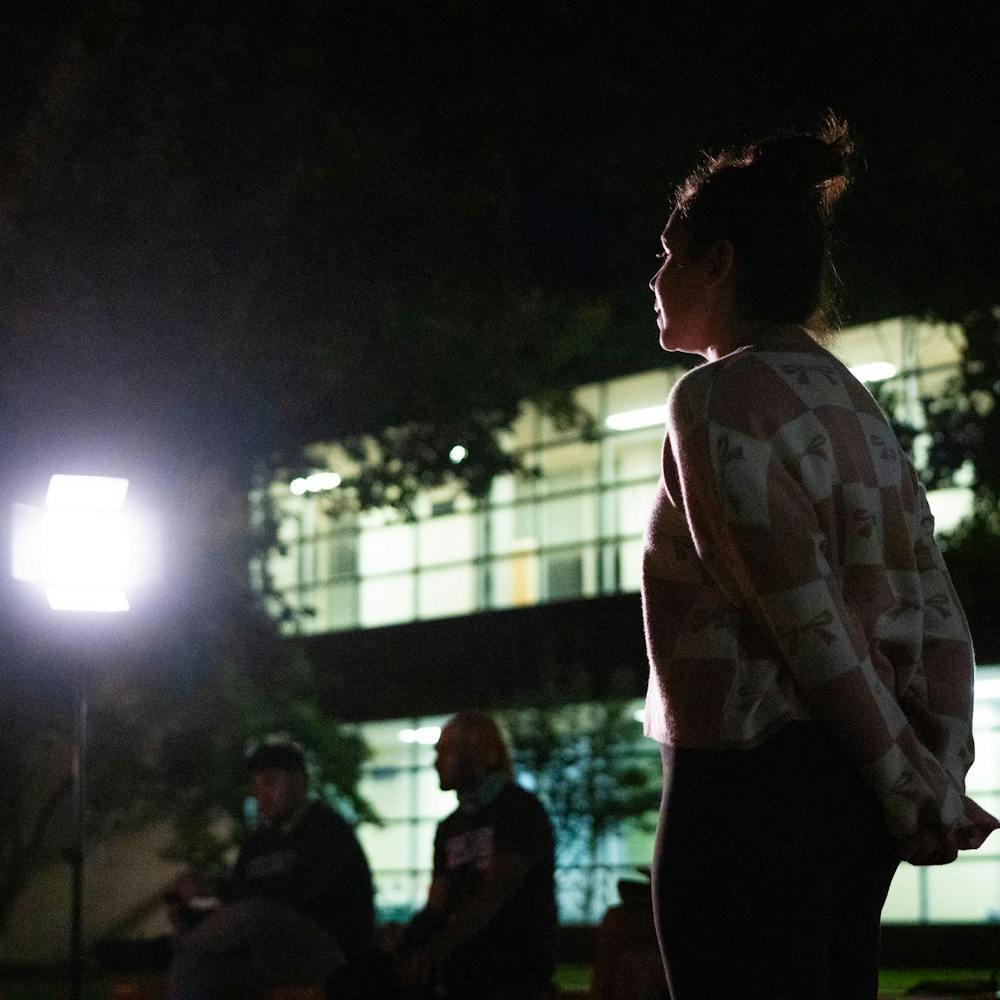Journalism professor Rachel Mourão recently set off on a trip to Santiago, Chile where she and the Pontifical Catholic University, or UC, of Chile’s journalism department are working to create an investigative journalism workshop to be held at Michigan State.
The program, called the Michigan-Chile Investigative Journalism Program, is made possible by a grant provided by the U.S. State Department and U.S. Embassy in Chile. It will take place from May 30 to June 10 and is the second time the program will take place at MSU.
In 2018, the same grant offered Chilean students the chance to come to MSU, but with a focus on environmental investigative reporting. Prior to hosting the Chilean students, MSU professors Bruno Takahashi, Eric Freedman and David Poulson traveled to four universities in Chile. During their trip, they offered workshops and met with faculty from each university to assist in developing environmental reporting-based curricula. Twelve Chilean students and professionals were chosen to participate in the 2018 program.
“Most of them produced pretty good stories, many of which were published in either the news organizations they were working for, or some other outlet where they submitted the story. All of them were published on our Knight Center website,” Takahashi said.
About 25 students applied for this year’s program, Mourão said. However, with only a limited amount of funding available, she and her fellow coordinators were only able to select seven students to participate. Applicants were required to be seniors who have taken their program’s advanced investigative journalism course and must be able to speak English.
“Looking at the group as a whole, we’ve got a very diverse group of students with different interests, different backgrounds within Chile, from different cities from Chile and different goals for their careers,” Mourão said.
With a focus on investigative journalism, the program will look at research techniques reporters use on hard-hitting stories. Students will also work on refining skills in areas they’re interested in within the field, according to UC professor Magdalena Saldaña.
Saldaña worked with Mourão during the participant selection process, which included interviews to assess who would be a right fit. Based on the information they collected, they created a tentative schedule featuring seminars given by various professors in the MSU School of Journalism, networking with professional reporters from Greater Lansing and Metro Detroit areas and understanding how the Freedom of Information Act works in the U.S.
“Several things that we saw during the election — when Trump got elected — we saw here when we had our own election at the end of 2017,” Saldaña said. “We had a lot of fake news and we had a lot of people not trusting media anymore. Those are big issues that we’re trying to solve.”
While the program is geared toward enhancing students’ skills, two faculty members from UC will also participate in the 10-day workshop and plan to take back what they learned to their classes in Chile.
According to Saldaña, other skills students hope to refine during the workshop include photojournalism and immersive journalism. The journalism department at UC does not offer courses on immersive journalism, which features aspects of visual storytelling, documentary-making and virtual reality. MSU offers these classes both in the College of Communication Arts and Sciences and through various technology workshops across campus.
“I think it’s a unique opportunity, especially for us, because we come from a country where there is investigative journalism but it’s not super exploited,” said Consuelo Lomas, one of the seven Chilean students chosen to participate in the program. “So it’s always a great opportunity to meet people who actually do investigation.”
Support student media!
Please consider donating to The State News and help fund the future of journalism.
Discussion
Share and discuss “Chilean students to participate in MSU investigative journalism program” on social media.







